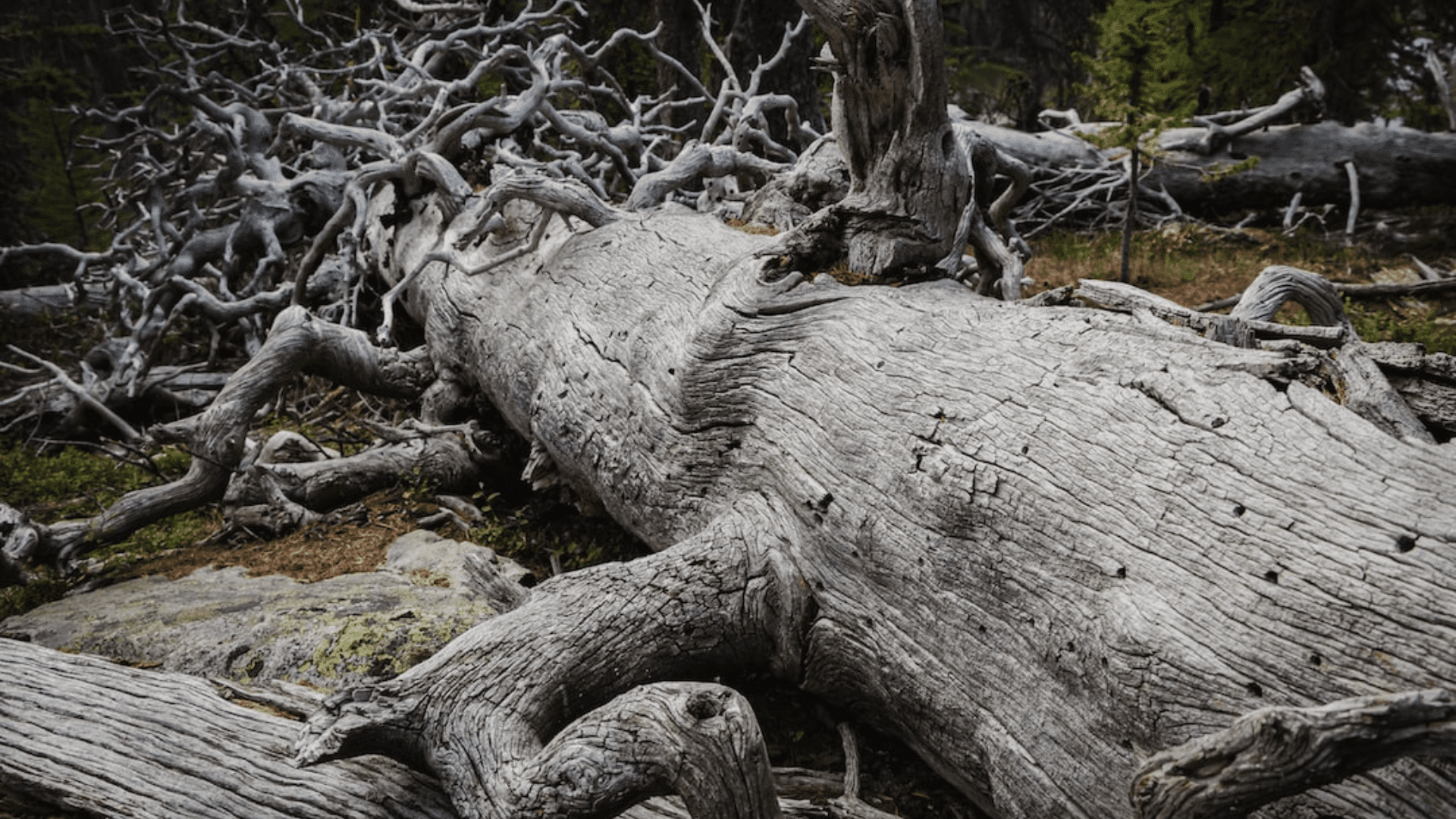
In California, the pine bark beetle is killing the oldest trees in the world. This comes as a surprise, as the weather in the region, near the Nevada border, previously prevented these beetles from invading. Now, with the ever more frequent droughts, that’s changing.
It gets worse. The bark beetles bring with them a blue stain fungus that clogs the circulatory system of these trees. So, not only do they eat and break apart the trees, but they also prevent them from recovering in any way.
Of course, this comes with some consequences for the forestry industry overall. Keep reading to learn the how and why behind the impact of the pine bark beetle on the environment and forestry industry.
The Pine Bark Beetle
To understand its impact, it’s important to know the basics of the pine bark beetle. They’re prevalent in the western US forests, and an outbreak directly impacts industries related to water, fish, timber, and wildlife habitats. They’re very quick to spread and are often responsible for destroying millions of hectares of forests, primarily those used commercially.
The bark beetle bores holes into the bark of trees. They then lay eggs that hatch into larvae, which then consume the tissues in the tree. This can cut off the tree’s water distribution, or circulation. Additionally, they often carry a fungus that congests this same system.
How Bark Beetles Impact Forestry Industry Prices
Bark beetles primarily cause mortality to mature forests. That is, fully mature trees suffer the most. As the rate of salvaging affected trees increases, the first negative impact is that the sawmilling part of the forestry industry can’t keep up with the amount of sawlogs. Given enough idle time, and usually, in the summer, leftover sawlogs suffer blue stains and even rot.
Even if sawmilling can keep up, the forced increase rate of lumber production results in a higher offer, with no change in demand. This means lower prices across the board, even if you factor in a higher rate of export and necessary changes in logistics, including an increase in forestry equipment rentals.
Prices will vary, though, in every region. In the US, prices had skyrocketed for some time, as it depended mostly on local production and not importation. The US Forest Service even issued a warning about climate change caused by bark beetles migrating north.
Climate Change and Pine Bark Beetles
There’s a relatively clear correlation between bark beetle outbreaks and climate change. Along with deforestation, bark beetles kill trees and remove them from their ecosystem. This is because they can no longer absorb water and nutrients, resulting in a stale and static localized environment.
A lack of trees usually results in freeform underground water movement. This can then cause small-scale natural disasters, like floods and mudslides, depending on the region.
The bark beetle isn’t the only concern for the forest industry, as there are worries about the spotted lanternfly, as well.
Concerns About the Pine Bark Beetle
The pine bark beetle has clearly negative impacts on the forestry industry and climate change. It seems that there’s little that people can do to stop them. They’re quick to spread and very difficult to exterminate.
We’re Here to Help
At Custom Truck One Source, we believe in developing long-term partnerships with our customers. This is why we’re committed to providing information about all things concerning the segments we serve.
Our cradle-to-grave offering uniquely positions us to be a single-source provider for the forestry industry. Whether you’re looking to buy, rent, finance, repair, or sell equipment, we can help. Contact us today!

